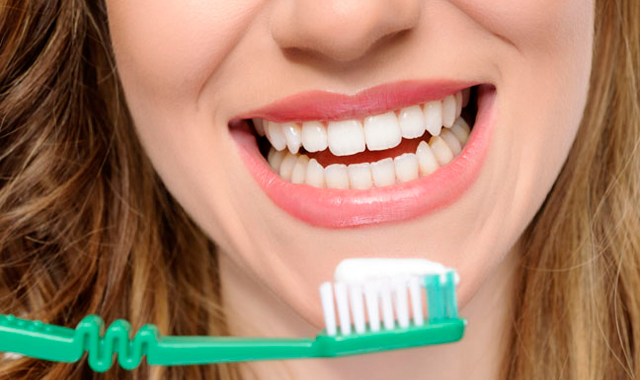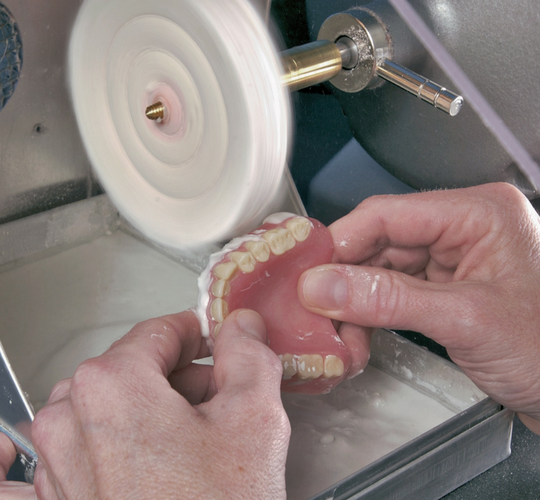Hand hygiene has been recognized as the most important means of preventing the transmission of infection. There has been a great emphasis on ways to improve hand hygiene compliance by healthcare workers.
It’s no secret that the number one way to prevent the spread of germs is by washing our hands. There are more than 5000 germs on your hands at any given time and majority of germs are transmitted from hand-to-hand contact.
For dental care providers, hand hygiene has become a rudimental task that is most likely completed without a second thought. Dental care providers have a responsibility to adhere to scientifically accepted and evidence-based principles of infection control. The accessibility of hand hygiene facilities has a direct effect on compliance.
Alcohol-based hand sanitizers have become widely accepted by dental care providers. Having alcohol-based hand sanitizer available at every point of care can prevent healthcare-associated infections. Some of the benefits associated with the alcohol-based hand sanitizers are the elimination of paper towels for drying purposes, chairside availability, utilization of a fast acting solution and a reduction with skin irritations.
But how do you ensure that your dental office policies and procedures on hand hygiene are being followed?
While there are number of ways of assessing hand hygiene in the dental office, one of the best ways is through self-assessment of your staff. By conducting an annual or semi-annual survey you are able to better understand:
- Staff knowledge and beliefs
- Perceptions of their own behavior
- Satisfaction with hand hygiene products (i.e. soaps and hand sanitizers)
In addition, surveys have the ability to uncover why staff members may or may not follow hand hygiene policies and procedures. If designed properly, survey results and feedback can be used to identify and develop educational programs, improve existing policies and procedures and evaluate current hand hygiene products.
There are several resources out there to help educate and evaluate hand hygiene compliance. Here are just a few to help you get started:
Remember, the most important thing about conducting a survey is to take action with the results, share results with your staff and work together to implement any changes to policies and procedures. The more you involve your staff the greater chance of them complying.












Leave a comment